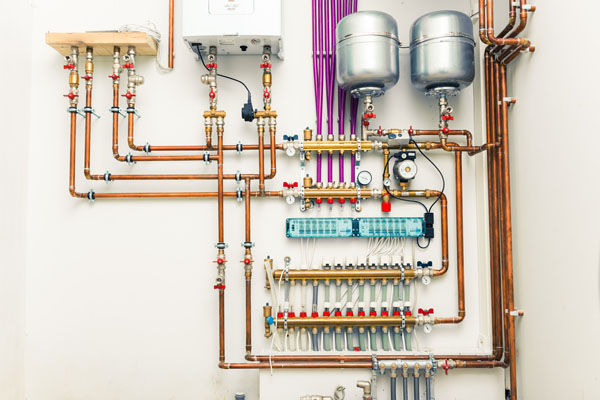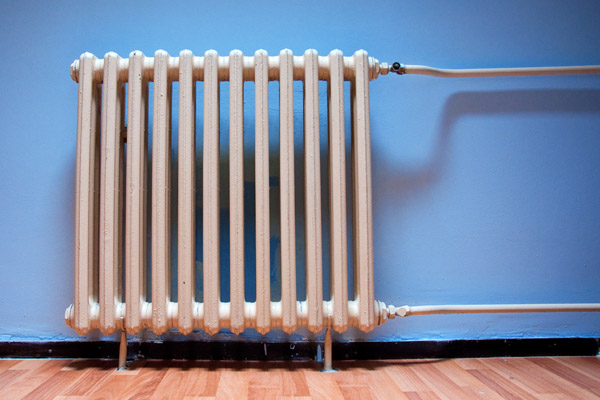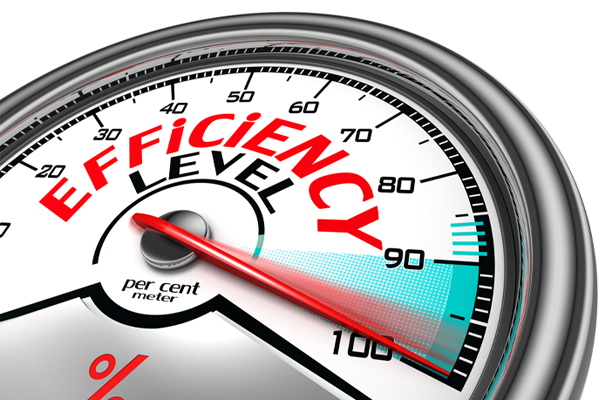See more on: Miller Oil Company Articles
 Many people count on their residential boiler to ensure their home stays warm throughout the long cold winter. However, have you ever worried about what would happen if you started seeing signs of trouble with your boiler? The big question is often whether you should get it fixed or take the plunge and buy a new boiler. Here we will take a look at the options you have available. [maxbutton id="18" text="Explore Our Boiler Services" ] [maxbutton id="1" text="Call To Schedule A Free, In-Home Estimate" ]
Many people count on their residential boiler to ensure their home stays warm throughout the long cold winter. However, have you ever worried about what would happen if you started seeing signs of trouble with your boiler? The big question is often whether you should get it fixed or take the plunge and buy a new boiler. Here we will take a look at the options you have available. [maxbutton id="18" text="Explore Our Boiler Services" ] [maxbutton id="1" text="Call To Schedule A Free, In-Home Estimate" ]
Some Common Problems You Could Encounter With A Residential Boiler
The Boiler Turns Off On Its Own
If your boiler turns itself off, it could be caused by a variety of reasons. For example, there could be a condensate pipe that is frozen. Perhaps, it's a faulty pump, low water pressure, an issue with the air pressure. It could even be a problem with your thermostat.The Pilot Light Is Out
If your boiler's pilot light goes out, the problem might be a faulty thermocouple or seals that are damaged. Never attempt to repair the pilot light yourself. This is a boiler repair issue that should be left for a licensed HVAC contractor. [maxbutton id="1" text="Call Today: (860) 745-0326" ]The Boiler Is Leaking
A boiler that is leaking might be because of loose connections or there could be damaged components. In order to be safe, contact a reputable HVAC company to ensure the boiler is repaired properly.Low Pressure
A boiler that utilizes a pressurized system might lose pressure due to a water leak or problems with the expansion vessel. You might be tempted to repair your residential boiler by yourself with the instruction manual. However, it is much safer to rely on a professional HVAC company for these repairs.When It's Time For A Replacement Boiler
Below, we will discuss when to repair vs. replace your boiler.Boiler Age
As your boiler ages, it works harder to warm your home. The average lifespan of a residential boiler is approximately 15 years. It's typical to begin seeing signs of age once the boiler is approaching the 15-year mark.Reduced Boiler Efficiency
In addition to age, a boiler can become less efficient if it is damaged or neglected. A boiler with low efficiency will need to work much harder to produce sufficient heat to ensure your home stays comfortable. This means you'll likely pay more money for energy costs than what would be needed for a high-efficiency boiler. [maxbutton id="18" text="Learn More About Our Boiler Repair & Replacement Services" ] [maxbutton id="1" text="Call To Schedule A Free Consultation" ]Hot And Cold Patches
Radiators with warm or cold patches probably have a build-up of sludge in them or there could be trapped air. These problems result in heat distribution that is unequal.Strange Boiler Noises
Your boiler system should not make gurgling, banging, or whistling noises. If you notice that the boiler is starting to make odd noises, it's time to call in a company that specializes in diagnosing and repairing residential boilers.Too Many HVAC Repairs
If repairing your boiler is going to cost you half or more as it would cost to have a new boiler installed, then it's time to consider replacing the boiler. Additionally, if you find that you're calling for boiler repairs several times each year, you might want to begin shopping for a new boiler as soon as possible. It can be a smart investment to spend your money on a brand-new boiler system rather than continue dumping money into repairing an old boiler that is reaching the end of its lifespan. [maxbutton id="1" text="Call To Make An Appointment" ]
What Are The Advantages And Features of A Residential Boiler Replacement?
If you're trying to decide between getting repairs vs. replacing your boiler, consider the benefits that a new boiler can provide.- Increased Comfort: When the coldest days of winter hit, a new boiler can ensure that your home stays warm and comfortable. You'll have the peace of mind in knowing that your home's new boiler will provide the warmth you need even during winter's worst weather.
- Lower Energy Costs: A new high-efficiency boiler will use far less energy than an older boiler system. It also makes more efficient use of fuel, so you'll be able to keep your home warm for much less money.
- Lower Costs For Operation: A residential boiler that is new has new components that will be able to function without problems for many years. This means that you'll save money on boiler repairs and checkups.
- Warranty: A new boiler will come with an equipment warranty that provides coverage for repairs and parts. You'll have the assurance of exceptional service if problems arise.
Homeowners Should Consider The Following Before Buying A New Residential Boiler
- Size: Purchase the right size boiler. If the boiler is too big, you'll be using more fuel than necessary. If it is not big enough, it won't be able to efficiently heat your home. The boiler size matters and should be determined by evaluating things such as the orientation of the home, the foundation, wall thickness, insulation values, and more.
- Energy Efficiency: A company that specializes in boiler installations will be happy to recommend a reliable high-efficiency boiler system for your home. An energy-efficient boiler will use less fuel while still providing excellent heating capability.
- Fuel Type: It's important to choose a boiler that utilizes the type of fuel your home has available, whether it's oil or natural gas.
- Brand: There are some brands that have worked hard to build a reputation for reliability and exceptional performance. They might also provide better service for your particular area.
- Warranty: The boiler manufacturer will typically offer a guarantee period or warranty, often providing coverage for replacement parts up to 10 years.

High-Efficiency Vs. Standard-Efficiency Boilers: How Do They Differ?
Boiler efficiency (AFUE) is simply the ratio of heat the unit produces compared with the amount of fuel the system uses. A boiler that is rated as high-efficiency has been designed to cool gases in the flue so that the steam will condense back to a liquid. This helps the system retain heat for better heat production. On the flip side, a boiler rated as standard-efficiency can lose as much as 20% of the heat produced by the boiler. This means your boiler will need to use more energy in order to keep your home warm. A high-efficiency boiler will certainly cost more initially, but it will pay for itself with lower energy costs. Therefore, an energy-efficient boiler offers a great investment for your home's comfort.Call Miller Oil Company For Any Of Your HVAC Needs
 Making the right decision for your new residential boiler by ensuring that you choose a system that is efficient can play a big role in your savings as well as your comfort. Carefully consider your options and make an informed choice regarding this important equipment for your home. When it comes to heating and cooling, Miller Oil Company is a leading expert in the area. We have NATE certified technicians who bring the experience necessary to solve all of your home comfort needs in a fast, friendly manner. Rest assured, we will provide you with the area's most competitive prices. Additionally, to ensure you are satisfied, we offer a guarantee for all the work we perform. Call Miller Oil Company today and schedule your free, in-home estimate. [maxbutton id="1" text="Call Now: (860) 745-0326" ] Click here to contact us today or give us a call at (860) 745-0326 if you have any questions.
Making the right decision for your new residential boiler by ensuring that you choose a system that is efficient can play a big role in your savings as well as your comfort. Carefully consider your options and make an informed choice regarding this important equipment for your home. When it comes to heating and cooling, Miller Oil Company is a leading expert in the area. We have NATE certified technicians who bring the experience necessary to solve all of your home comfort needs in a fast, friendly manner. Rest assured, we will provide you with the area's most competitive prices. Additionally, to ensure you are satisfied, we offer a guarantee for all the work we perform. Call Miller Oil Company today and schedule your free, in-home estimate. [maxbutton id="1" text="Call Now: (860) 745-0326" ] Click here to contact us today or give us a call at (860) 745-0326 if you have any questions. from HVAC Company - Feed https://www.milleroilcompany.com/residential-boiler/

No comments:
Post a Comment